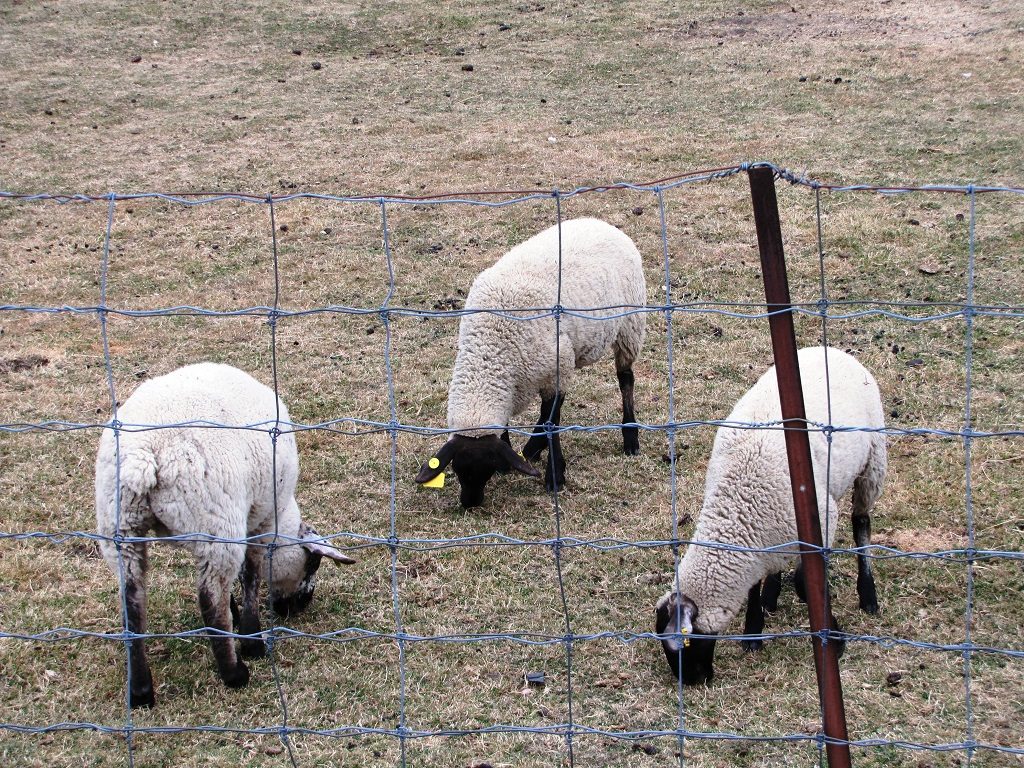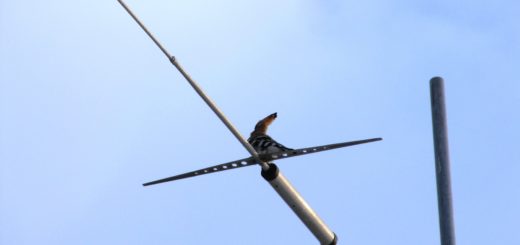Two Rules of Thumb Regarding the Aims of Government
Rulers, like the rest of us, always do what they believe is best for themselves. They may also, as per their actual mandate, do what is best for the society and citizenry; but this latter motive is not the norm, and is entirely contingent on their judgment, in any given situation, that what is best for the society and citizenry happens to coincide with what they deem best for themselves. Hence, if a ruler takes aggressive steps to disarm his citizenry, we may be certain that his primary motive, and possibly his only motive, is that he deems a disarmed citizenry to be best for himself. And as with any circumstance in which we observe someone acting in what he regards as his best interest, so in the case of rulers, we may reasonably ask why the agent in question has judged this action to be in his best interest. When the action in question is the disarming of the citizenry, that why-question almost answers itself.
A community is held together, at the most basic level, by everyone’s deference to certain standards of moral behavior which allow the individuals to live in close proximity and in regular contact without mutual fear and suspicion. In a community of adults, that deference is the manifestation of each individual’s developed character, which is to say habituated emotional responses, which is to say virtuous dispositions. It is the product of moral education, which requires years of virtuous action undertaken with increasing voluntarism, which is to say that while some direct compulsion or external guidance may be incidentally useful to start the soul off in the right direction, the ultimate goal, achieved through incremental liberalization of external controls, is to reach a spiritual condition of self-determined virtue. In other words, individuals live in a properly adult community only when, or to the extent that, each individual behaves with respect and goodwill toward all others not through compulsion or guidance, but as a matter of internal directedness and second nature — by way of his own “moral compass,” as they say.
It follows that such a community is possible only if, or to the extent that, the individuals have been allowed maximal liberty, as early as possible, to assert, and hence reinforce, virtuous character through their choices and voluntary behavior, so as to establish and maintain the sort of unity through mutual trust and goodwill that exists only between essentially good people, by which I mean people whose internal impulses tend toward noble and rational goals without any need for external constraint or direction. By contrast, to maintain external guidance and compulsion as the chief controllers of behavior within a social context, on a permanent and ubiquitous basis, is to thwart the growth of virtuous character, which means to stymie moral development at the toddler stage, in which fear of punishment, or a compliant desire to please one’s overseers and masters, is always the primary, and merely quasi-moral, motive of behavior.
In short, a social context in which everyone is constrained in his or her behavior by the continuous, lifelong awareness of constant monitoring, pervasive micro-regulation, and arbitrary curtailments and confiscations of action or property by an all-powerful overseeing authority, such as would prevent the development of moral self-determination (i.e., virtue), is not a community at all, in the proper sense of a voluntary union of mutually respectful and free souls. It is, rather, a nursery — a nursery designed, however, not to promote the toddlers’ graduation to greater maturity, but rather only to perpetuate itself by stunting such maturity.



